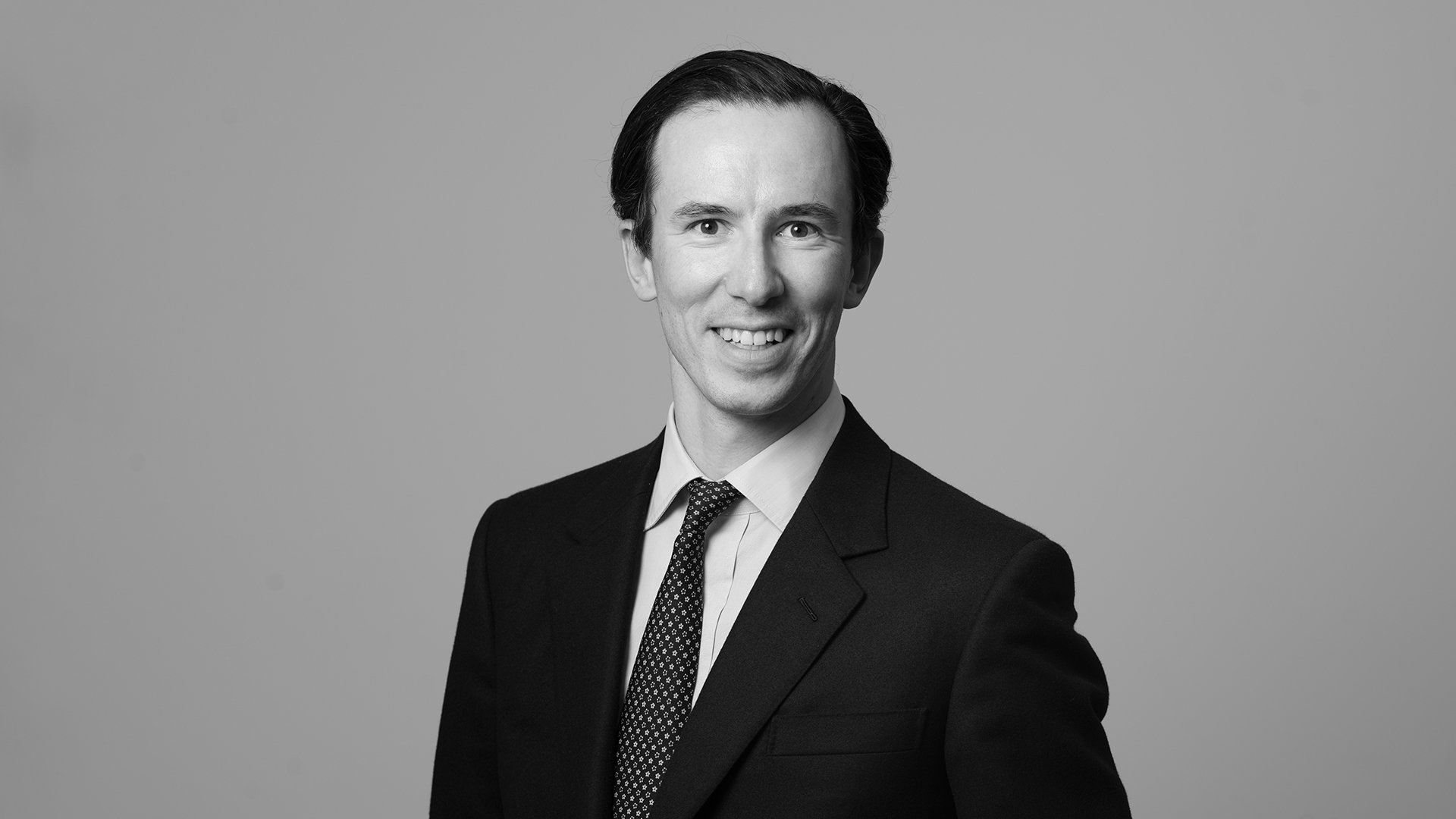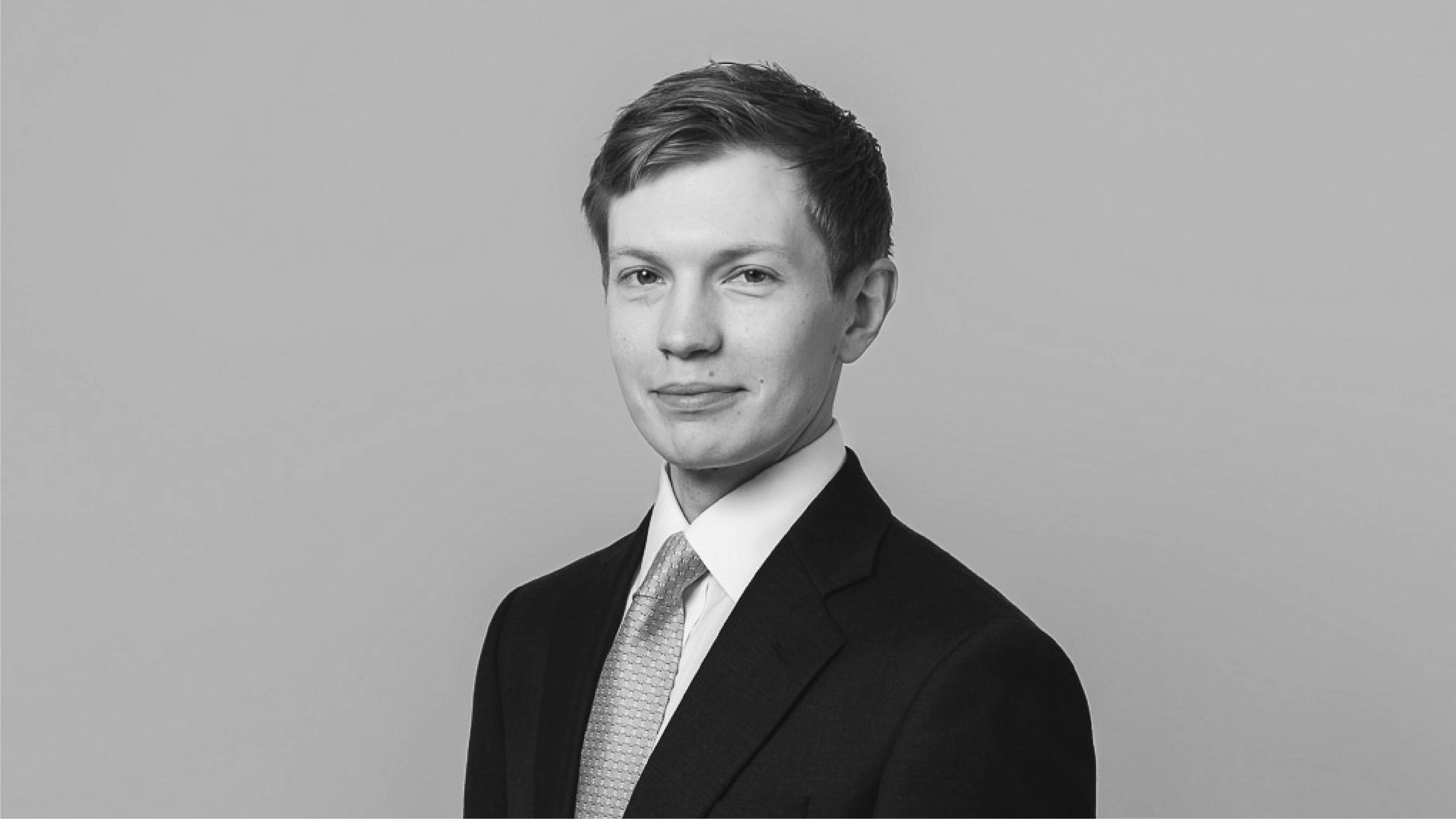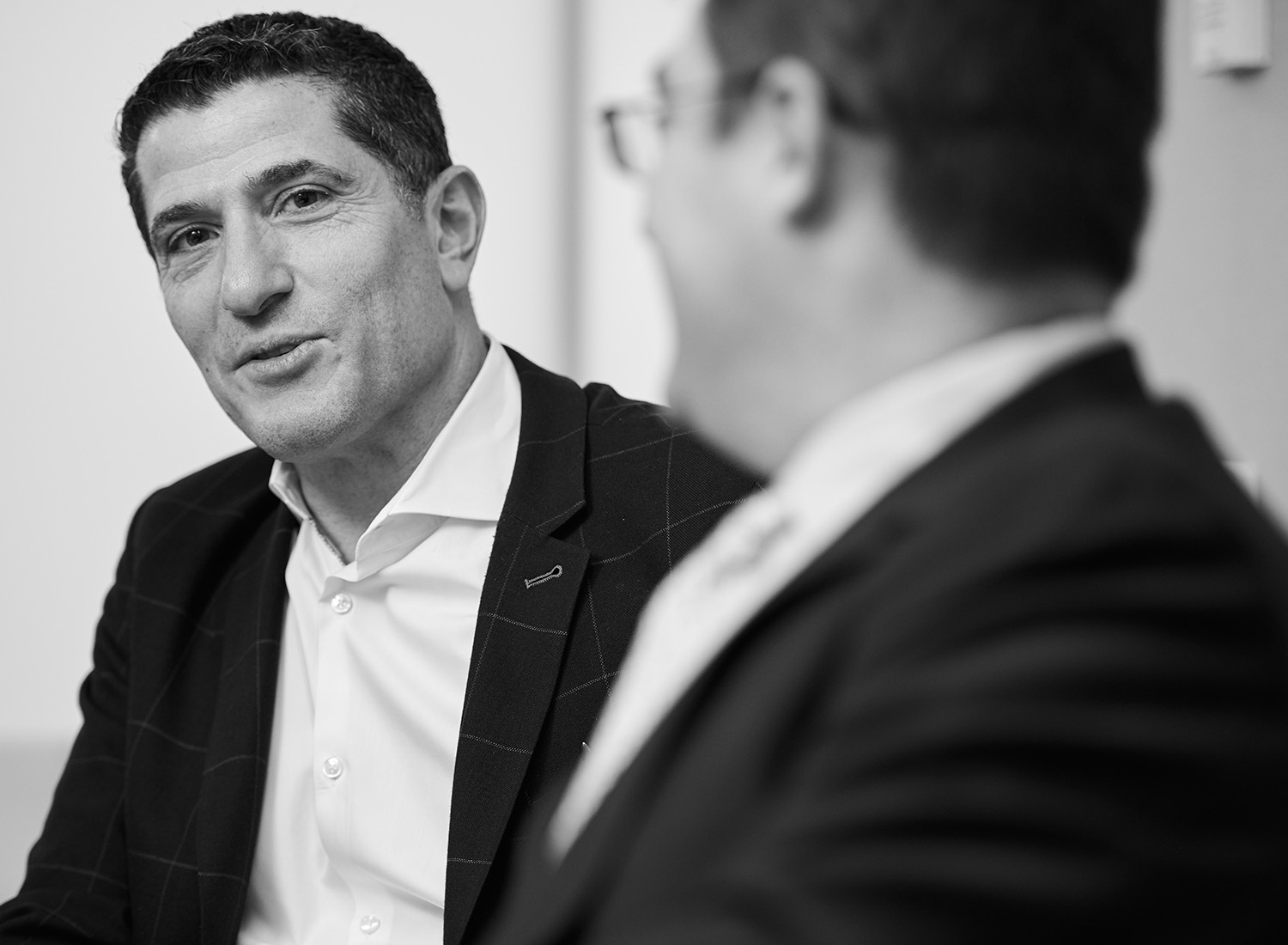Case study
Maximising shareholder access to settlement proceeds
Steinhoff International Holdings NV, a Dutch corporation based in South Africa, faced a significant accounting scandal in 2017. The company disclosed accounting irregularities that led to a delay in releasing its audited financial statements. The CEO resigned, and an independent investigation by PwC revealed a €6.5 billion accounting fraud committed by the CEO and a small group of senior executives over nearly a decade. As a result, Steinhoff's share price plummeted by 90%, causing a loss of €12.6 billion in market capitalisation.
Burford represented a shareholder group, including three of Steinhoff’s five largest institutional shareholders, in the settlement process. Once the parties agreed on settlement terms, Burford worked with its clients to collect the voluminous supporting documentation needed to submit their claims to the settlement administrator.
Ultimately, all of Burford's clients' claims were validated by the settlement administrator, ensuring they received their rightful share of the settlement proceeds. In contrast, other shareholder groups had a significant number of claims rejected due to evidentiary deficiencies or other issues.












